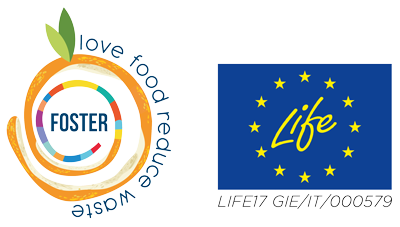The EU is becoming more and more active in promoting sustainability regarding food waste and global hunger. Only in the EU, 20% of all the food produced globally is wasted. The majority of this waste derives from households, with almost 70%. (https://ec.europa.eu/food/food/food-waste/stop-food-waste_en). Important info to keep in mind is that 88 million tones of food thrown away in the EU is followed by a 143 billion euro loss. (https://ec.europa.eu/food/food/food-waste_en)
What does the EU do regarding food waste?
The European Green Deal
As it is widely known already, food waste hugely contributes to greenhouse gas emissions (GHG). Luckily, the EU brings forth many solutions and actions to mitigate the food waste problem in the entire EU area. The leading initiative is to lower food waste by one-third by 2030. This plan arises from the European Green Deal, an “umbrella” strategy to convert the EU to a climate-neutral area. (https://ec.europa.eu/info/strategy/priorities-2019-2024/european-green-deal_en) The Green Deal’s goals are fresh air, clean water, healthy soil and biodiversity, as well as healthy and affordable food.
Farm to Fork Strategy
Under the Green Deal umbrella, the EU brought the “Farm To Fork” strategy to improve overall food practices. Having a fair, healthy, and environmentally-friendly food system is at the heart of this initiative. (https://ec.europa.eu/food/horizontal-topics/farm-fork-strategy_en)
The aim is to reverse the damages in the animal and plant world so that biodiversity once again thrives at its maximum. This strategy also focuses on ensuring that everyone has access to nutritious, sufficient and healthy meals daily. Quality implementation of this plan would save funds for farmers, businesses and homes throughout the EU.
In addition, the environmental impact should be brought to a minimum or even converted into a positive trend. Along with the GHG, climate change has to be tackled to the same degree. Thus, the Farm to Fork strategy strives to reduce climate change issues and lower its impact on the environment, economy, and the entire food supply chain.
Sustainable Development Goals
The UN established 17 Sustainable Development Goals (SDG), which are a core principle of the Treaty on European Union. Throughout the SDG mission to eliminate hunger and achieve a sustainable world by 2030, these goals unquestionably place people, animals, and plants a top priority. (https://sdgs.un.org/goals)
Together with the commitment to tackle climate change, the idea is to distribute food to those in need. This step has to be highlighted since more than 32 million people within the EU do not have access to nutritious food every other day. In a developed and interconnected organization such as the EU, these results are unacceptable.
The leading actors
At the forefront of the food waste battle are all the participants within the food supply chain. The change must begin simultaneously from each stage, including the farmers, factories, warehouses, transporters, distributors, retailers and, finally, consumers.
While the EU initiatives create a necessary structure and step-by-step plans for a sustainable and green future, the only feasible way is to include all the involved actors within the food system. They should be addressed to start implementing these practices directly on a day-to-day basis. Only this way can the change become more tangible and show some quality results in the long run.


